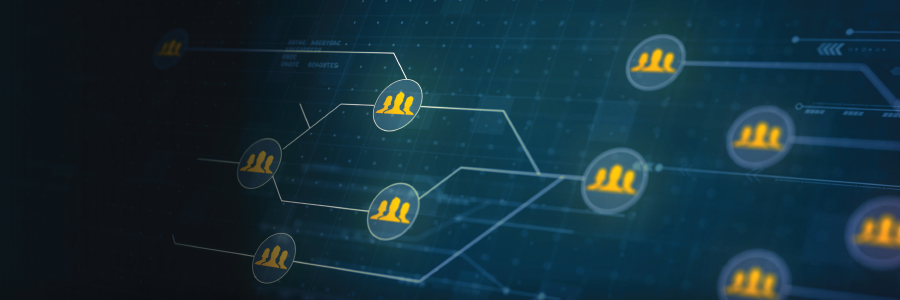Data & Digital Experts
Our team is trusted to solve complex problems and deliver actionable insights and solutions
We lead our customers into the future
Governments and businesses choose us to solve their toughest challenges. Unbiased and independent. Our advice is frank, fearless, and informed. With practical tools and actionable solutions, we meet the even most difficult of digital demands.







